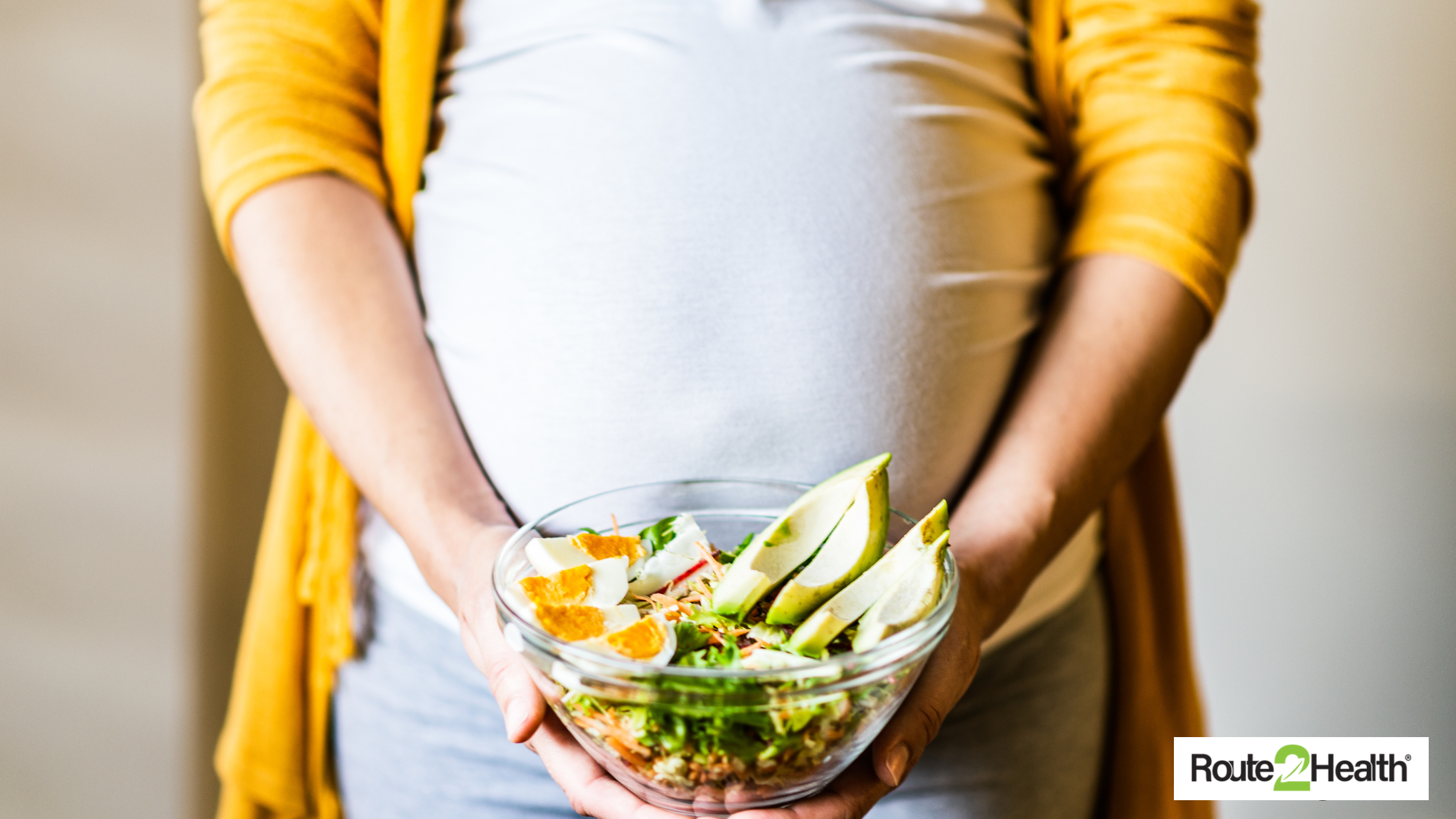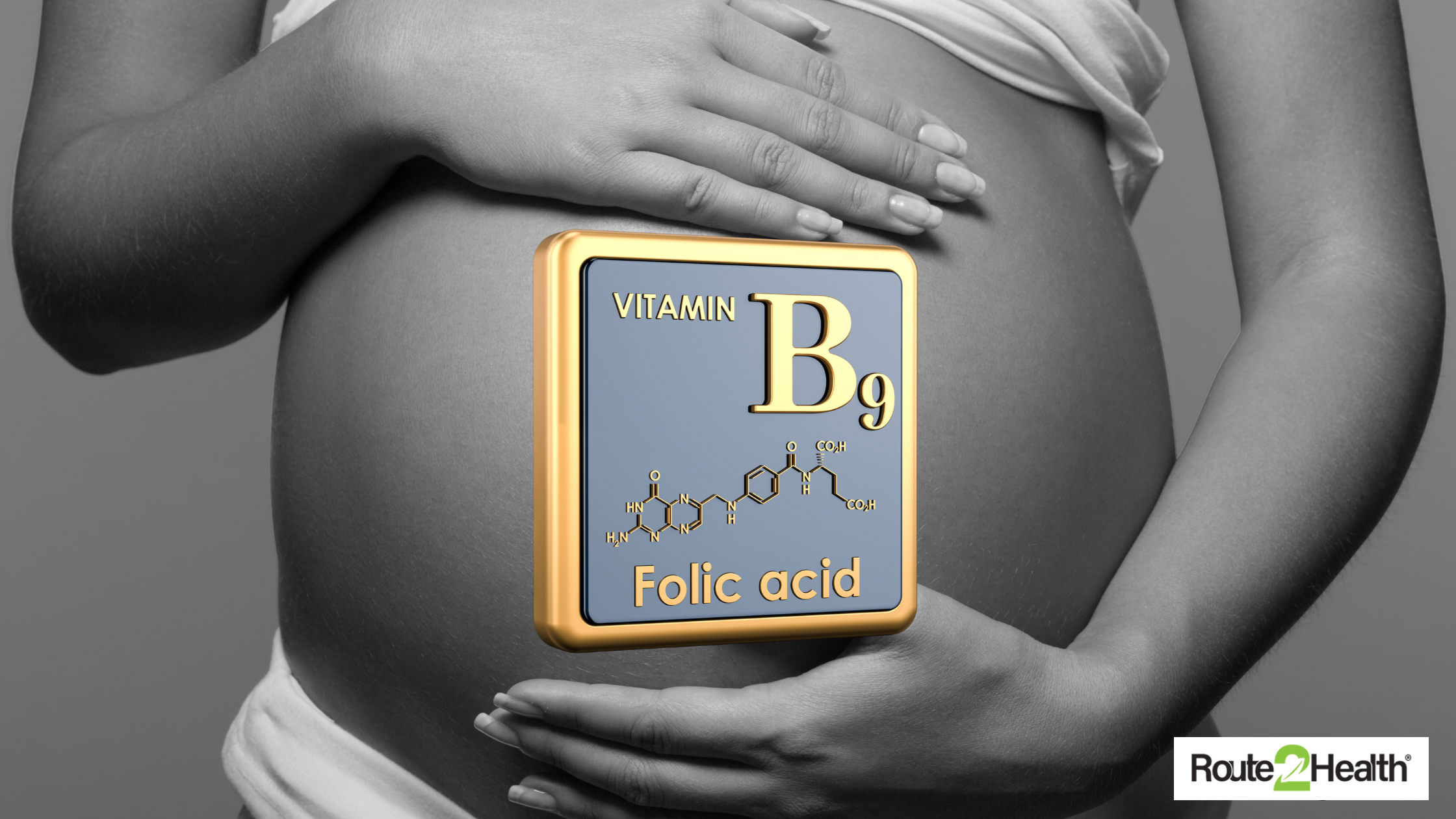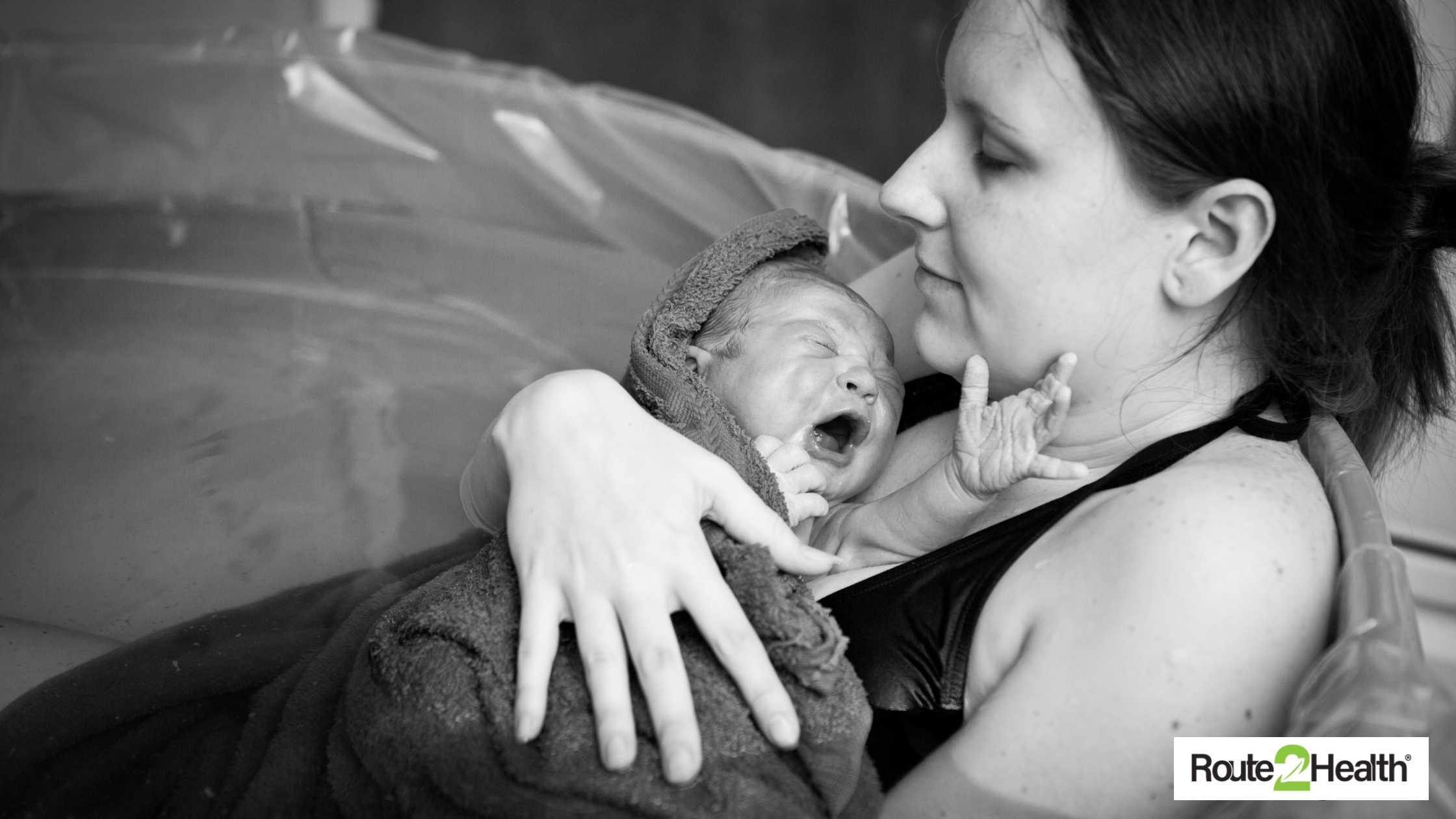
The Essential Nutrients You Need to Support a Healthy Pregnancy
Pregnancy is often described as one of life’s most beautiful journeys, but let’s be honest—it’s also one of the most nutritionally demanding. From morning sickness to midnight cravings, your body is working overtime to grow another human being. This incredible process requires far more than just “eating for two.” In fact, it’s about eating smart and making sure you and your baby receive the right balance of essential nutrients. The truth is, every bite counts. A well-nourished pregnancy not only ensures a healthier mum but also lays the foundation for your baby’s growth, development, and lifelong wellbeing.
Deficiencies during pregnancy can have serious consequences—ranging from anaemia to neural tube defects and impaired foetal growth. That’s why knowing which nutrients matter most and how to get them can transform your pregnancy journey. Let’s explore why nutrition is so vital during pregnancy and dive into the ten essential nutrients every expecting mother should prioritise.
Why is Nutrition Important During Pregnancy?
During pregnancy, your body undergoes profound physiological changes—blood volume expands, hormone levels shift, and energy requirements increase. These changes are designed to support the growing foetus and prepare the mother’s body for childbirth and lactation. Good nutrition helps reduce complications such as preterm delivery, low birth weight, and pre-eclampsia while ensuring healthy growth and development for the baby.
Maintaining a healthy pregnancy also means protecting your own reserves. If your diet is lacking in certain vitamins or minerals, your body will prioritise the baby—often at the expense of your own health. This makes it even more crucial to consistently nourish yourself with the right nutrients.
10 Essential Nutrients for a Healthy Pregnancy
1. Folic Acid (Vitamin B9)
Folic acid is arguably the most well-known pregnancy nutrient—and for good reason. It plays a key role in DNA synthesis and cell division, both of which are crucial during the rapid growth stages of pregnancy. Most importantly, folic acid helps prevent neural tube defects (NTDs) such as spina bifida.
A deficiency can lead to birth defects and developmental issues. Because the neural tube closes within the first 28 days of pregnancy—often before a woman even knows she is pregnant—folic acid intake before conception and during early pregnancy is essential. Therefore, women are advised to take 400–800 mcg daily from pre-conception until at least the first trimester.
2. Iron
Iron is essential for making haemoglobin, the protein that carries oxygen in red blood cells. During pregnancy, blood volume increases by nearly 50%, meaning your body needs much more iron to keep both you and your baby oxygenated.
Iron deficiency can cause maternal anaemia, which increases the risk of preterm delivery, low birth weight, and postpartum depression. Severe anaemia can also lead to maternal fatigue, reduced immunity, and complications during labour.
WHO recommends 30–60 mg of elemental iron daily during pregnancy. Some good food sources of iron are red meat, chicken, fish, lentils, spinach, and iron-fortified cereals. Pairing plant-based iron sources with vitamin C-rich foods (like citrus or tomatoes) enhances absorption.
3. Calcium
Calcium supports the development of your baby’s bones, teeth, heart, muscles, and nerves. If your intake is inadequate, your body will pull calcium from your own bones, putting you at risk of osteoporosis later in life. Calcium deficiency may lead to poor foetal bone mineralisation and increase the risk of pre-eclampsia.
The Institute of Medicine suggests that pregnant women need about 1,000 mg of calcium daily, with adolescent mothers requiring even more. If you are pregnant, you should try taking dairy products (milk, yoghurt, cheese), fortified plant-based milk, leafy greens, sesame seeds, and almonds.

4. Vitamin D
Vitamin D works hand-in-hand with calcium to build strong bones and teeth. It also supports the immune system and may reduce the risk of gestational diabetes and pre-eclampsia. Deficiency in pregnancy can result in rickets in infants, impaired bone health, and a higher maternal risk of hypertension.
A daily intake of 600 IU (15 mcg) is generally recommended during pregnancy. You can get that through fatty fish (salmon, mackerel), egg yolks, fortified milk, and safe sunlight exposure. But more often than not, you may need a vitamin D supplement during pregnancy.
5. Omega-3 Fatty Acids (DHA & EPA)
An often overlooked nutrient, Omega-3 fatty acids, especially DHA, are vital for brain and eye development in the foetus. They also support placental function and may reduce the risk of preterm labour. Omega-3 deficiency can lead to impaired cognitive development and vision problems in the child.
Fatty fish (sardines, salmon), chia seeds, flaxseeds, walnuts, and algae-based supplements are some ways to get the necessary omega-3s.
6. Protein
Protein is the building block of every cell. During pregnancy, it supports foetal tissue growth (including the brain), increases maternal blood supply, and helps develop the placenta. Deficiency may result in poor growth, low birth weight, and compromised maternal muscle mass.
Lean meats, poultry, fish, eggs, beans, lentils, nuts, and dairy are rich in proteins necessary to maintain a healthy pregnancy. Research shows that pregnant women may need an additional 25 grams of protein daily compared with non-pregnant women.

7. Vitamin B12
Vitamin B12 works closely with folic acid to support red blood cell formation and neurological development. It is especially important for vegetarians and vegans, as deficiency is common in plant-based diets. Vitamin B12 deficiency can result in anaemia, developmental delays, and neural tube defects.
You must take meat, fish, dairy, eggs, and fortified cereals or plant-based milk to avoid B12 deficiency during pregnancy.
8. Iodine
Iodine supports the production of thyroid hormones, which are critical for brain development and metabolism. Deficiency can cause goitre in the mother and intellectual disabilities, cretinism, or impaired growth in the baby.
Taking iodised salt, seafood, dairy, and eggs are some easy ways to get iodine during pregnancy.
9. Zinc
Zinc is another one of the often overlooked nutrients required to maintain a healthy pregnancy. Zinc is involved in cell division, immune function, and DNA synthesis. It plays a crucial role in foetal growth and development. Deficiency increases the risk of preterm birth, low birth weight, and poor immune function in the newborn.

10. Magnesium
Magnesium regulates muscle and nerve function, blood sugar levels, and blood pressure during pregnancy. It also helps form bones and protein mass of the foetus. Deficiency can lead to leg cramps, hypertension, pre-eclampsia, and preterm labour.
Conclusion
Pregnancy is a transformative period that places unique demands on the body. By ensuring you receive adequate amounts of essential nutrients—folic acid, iron, calcium, vitamin D, omega-3 fatty acids, protein, vitamin B12, iodine, zinc, and magnesium—you can support both your own wellbeing and the healthy growth of your baby. While a balanced diet rich in whole foods should always be the foundation, supplements can fill in the gaps where diet alone may not suffice.
That’s where Prenate by Route2Health comes in—a comprehensive prenatal vitamin and mineral supplement designed to provide a variety of essential nutrients you and your baby need for a healthy pregnancy. Supporting you every step of the way, Prenate ensures you don’t just “eat for two,” but “nourish for two.”
FAQs
1. Why is folic acid so important in early pregnancy?
Because it prevents neural tube defects, which develop within the first 28 days—often before a woman knows she is pregnant.
2. Can I get all pregnancy nutrients through diet alone?
While possible, many women struggle to meet the needs for folic acid, iron, and vitamin D, making supplements highly beneficial.
3. How much protein do I need during pregnancy?
You need about 25 grams more than usual daily to support foetal tissue and placenta development.
4. What happens if I don’t get enough iron?
Iron deficiency can lead to maternal anaemia, preterm birth, and low birth weight.
5. Is vitamin D deficiency common in pregnancy?
Yes—especially in regions with limited sun exposure. Supplementation is often recommended to prevent complications.























































